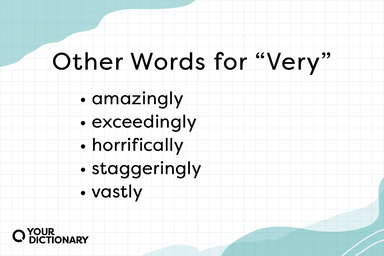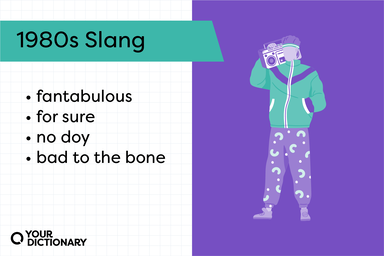Very Definition
Origin of Very
-
From Middle English verray, verrai (“true"), from Old French verai (“true") (Modern French: vrai), from assumed Vulgar Latin *vÄ“rācus, alteration of Latin vÄ“rāx (“truthful"), from Latin vÄ“rus (“true"), from Proto-Indo-European *wÄ“r- (“true, benevolent"). Cognate with Old English wÇ£r (“true, correct"), Dutch waar (“true"), German wahr (“true"), Icelandic alvöru (“earnest"). Displaced native Middle English sore, sār (“very") (from Old English sār (“grievous, extreme") (Cf. German: sehr, Dutch: zeer), Middle English wel (“very") (from Old English wel (“well, very")), and Middle English swith (“quickly; very") (from Old English swīþe (“very"). More at warlock.
From Wiktionary
-
Middle English verrai from Old French verai true from Vulgar Latin vērācus from Latin vērāx vērāc- truthful from vērus true wērə-o- in Indo-European roots
From American Heritage Dictionary of the English Language, 5th Edition
Find Similar Words
Find similar words to very using the buttons below.





